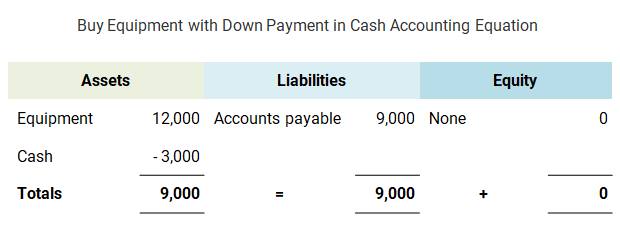
Taking the time to choose the right partner will ensure that your tax preparation is handled efficiently and effectively, allowing you to focus on running your business with peace of mind. Contrary to popular belief, data security is robust, costs can be lower than in-house management, and you can maintain control through clear agreements. Clients typically accept outsourcing when it improves service quality, and outsourcing tax preparation is entirely legal as long as providers comply with relevant laws and regulations. Outsourcing tax preparation offers numerous benefits, including cost-efficiency, time savings, specialized expertise, improved accuracy, and access to advanced technology.

Premier client services
Clear objectives guide your choice, ensuring alignment with your business needs. After selecting a provider, a well-structured contract and thorough onboarding process are essential to establish a successful and efficient partnership. Maximize the value of your firm’s investments by leveraging Taxfyle’s domestic outsourcing service.
Data & document management
Deloitte refers to one or more of Deloitte Touche Tohmatsu Limited, a UK private company limited by guarantee (« DTTL »), its network of member firms, and their related entities. DTTL and each of its member firms are legally separate and independent entities. DTTL (also referred to as « Deloitte Global ») does not provide services to clients. Certain services may not be available to attest clients under the rules and regulations of public accounting. Please see /about to learn more about our global network of member firms. review wave accounting Outsourcing tax preparation involves a strategic approach, beginning with defining your goals and selecting the right service provider.
SurePrep Outsource
One significant difference between offshore and onshore outsourcing is consent. Section 7216 mandates that taxpayers give consent before their 1040 tax information is disclosed to a third party outside of the United States. In 2014, new Section 7216 language went into effect that required more explicit disclosure.
By carefully selecting a provider and following best practices for successful outsourcing, you can streamline your tax processes and focus on core business activities. Conduct a cost-benefit analysis to weigh outsourcing expenses against potential savings and efficiency gains. Additionally, scrutinize the provider’s qualifications and industry-specific experience for accurate tax management. Lastly, prioritize data security by ensuring the provider has robust measures in place to protect your financial information from unauthorized access and breaches. This collaboration not only minimizes the risk of errors but also allows in-house teams to focus on their core competencies.
- Implement our API within your platform to provide your clients with accounting services.
- By adhering to these guidelines, you can maximize the advantages of outsourcing tax preparation and achieve a more efficient and accurate tax management process.
- Firms of all sizes understand the hectic and stressful nature of tax season.
- Tax preparation service providers typically engage in continuous education, follow tax law and regulation updates, and undergo regular training to stay abreast of changes in the tax landscape.
- When outsourcing tax preparation, the experience and credentials of the accounting service are crucial.
- Save more by mixing and matching the bookkeeping, tax, and consultation services you need.
They prepare and file sales tax returns, ensuring accurate reporting of sales tax collected and remitted in various jurisdictions. Professional tax preparers use rigorous error-checking processes, which enhances accuracy and minimizes costly mistakes. When you outsource tax preparation, you free up your team to focus on core business activities. Tasks like document gathering, data what is a contra asset account entry, and tax filing can be handled by experts, allowing your staff to concentrate on what they do best.
Your business size also plays a role, as smaller companies may need basic services while larger ones require more comprehensive solutions. This technology boosts both accuracy and efficiency, providing a more streamlined tax preparation process. Outsourcing tax preparation offers advantages such as time savings, professional expertise, error reduction, and meeting deadlines. The following are some key areas of focus and specific considerations for limiting types of transition risk. The steps and scale below will vary depending on various factors, including the size of your organization, the number of people involved, and the type of operating model selected.
Consider not just the immediate expenses, but also the long-term benefits, such as reduced risk of errors and the value of having more time to focus on your core business activities. You can choose from various pricing and engagement models, ensuring that the service you receive is aligned with your specific requirements. Current trends include automation, adoption of cloud technology, expansion of tax consulting services, and focus on customer experience. In addition to tax preparation, a guide to t-accounts: small business accounting they may offer services such as tax advice, financial planning, representation before the tax agency, financial reports and tax compliance services. Many clients are open to outsourcing, especially when it leads to better service quality and efficiency.

